news and blog

The Woolsery Project
It is a well-known story: rural villages are emptying, with young people seeking refuge in cities and abroad, leaving behind older populations and vacant properties. Yet, in South-West England's Devon, a remarkable revival is underway, thanks to the vision and investment of Michael Birch, a philanthropic business tycoon with roots in Woolsery.
To breathe new life into the village, Birch bought several key properties, including the local pub, a fish and chip shop, a Georgian manor, a farm, and a village store. He and his wife, Xochi, enlisted Emily Harmon to manage the project, known as the Woolsery Project. This initiative employs 4% of the village's population, revitalizing the local economy and fostering community wellbeing.
Central to this effort is Woolsery Farm, led by project manager Josh Sparkes. Passionate about sustainability, Josh employs regenerative, organic practices and a Bokashi composting system to transform community waste into valuable resources. The farm's produce supplies the village's gastropub and restaurant, creating a closed-loop system where nothing is wasted.
Josh's methods, inspired by his global experiences, have already yielded surprising benefits. The once-silent mornings are now filled with birdsong, and the farm's ecological health is improving rapidly. Moreover, the project has provided a new sense of purpose for team members like Russell Mayne, a former soldier who found stability and happiness through sustainable farming.
The Woolsery Project is not just about reviving a village but demonstrating the power of community and sustainable practices to transform lives and environments.

What to put in your bokashi bin
WRAP estimates that the UK discards 9.5 million tonnes of food waste yearly, a substantial portion of which was initially fit for consumption. This contributes to over 25 million tonnes of greenhouse gas emissions annually.
To combat this, Bokashi fermentation offers a solution. Unlike traditional composting, Bokashi doesn't emit foul odors. It efficiently breaks down various organic waste items, such as fruit and vegetable peelings, meat, dairy, and even paper products.
